London Chess clubs are riding a wave of new members and interest with women and LGBTQ+ players leading the way.
The ancient strategy game is attracting new players and more attention with everyone from England footballer Eberechi Eze to musician and model PinkPatheress getting around the board.
For women and newbies to the game, it can still seem a daunting prospect to face off across a chess board, and more clubs are being set up to encourage players from underrepresented groups.
Zoya Boozorginia, 43, managing director of London Women Chess Club, has seen membership steadily rise since setting up the club last year.
She said: “I realised we needed to have a club for ladies, a place that is dedicated to women where they feel a sense of belonging and a sense of comfort.
“The purpose of the club is not to separate the genders, it is a platform to create a place where women can feel confident learning chess.”
While there has been a boom in online chess since the pandemic, many female players have had negative experiences playing online and welcome the chance to play in person where they can connect in a friendly environment.
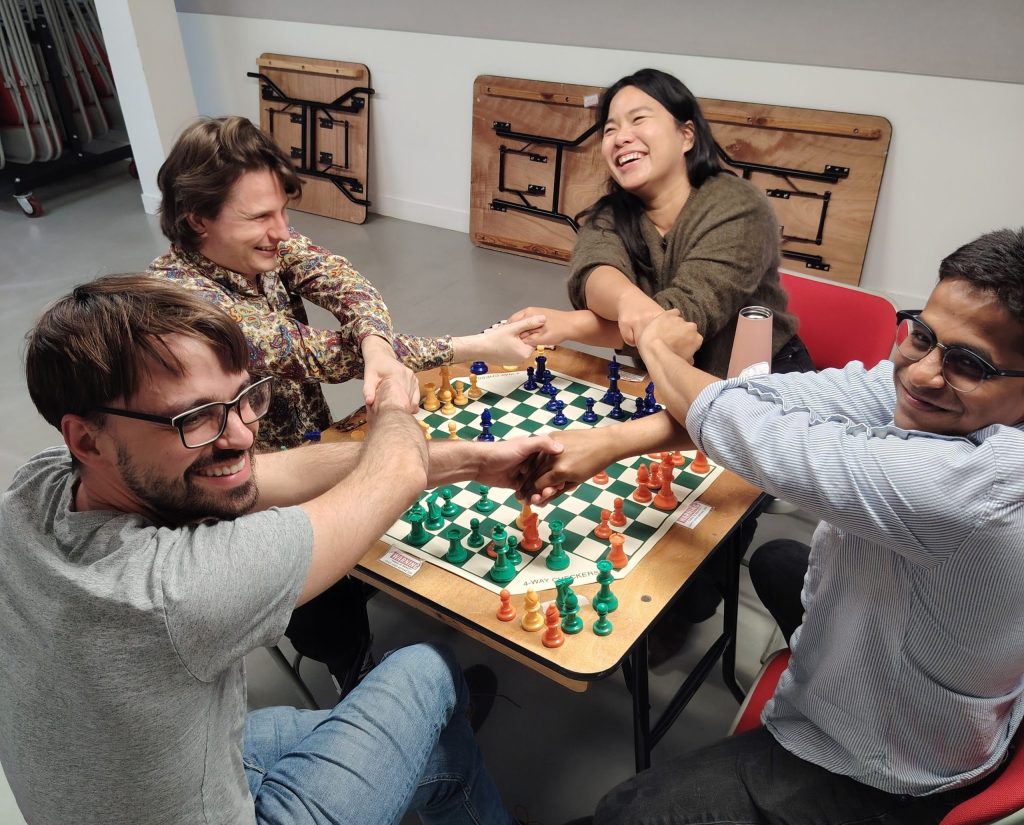
Boozorginia said: “I played chess day and night online, but as soon as they find out that you are a woman they start bullying you.
“Some of them use it like a dating app, I call it ‘Tinderchess.com’, it’s not really a friendly environment unfortunately.”
Tridevi Chakma, 36, chair of Yas Queen! a women led chess club with a mission to create a safe space for LGBTQ+ people and allies, agreed that it could be a hostile playing environment online as well as in real life.
“It’s far too common to receive inappropriate messages or patronising comments when playing online,” she said.
“Unfortunately, members of our club have experiences of feeling unwelcome in traditional chess spaces, from being the only woman in a chess tournament to having to deal with inappropriate homophobic comments in chess socials.”
While programs supporting chess in schools have had more funding recently, the battle to get more girls and young women to take up the game starts in primary school.
Toni Johansson, 51, is a chess tutor and founder of Southwest Chess.
Johansson, who also teaches children in schools across west London, said: “At the young ages it is equal or maybe more girls and then it drops off dramatically. By year 7 and 8 there are hardly any girls left.”
He sees a lack of role models and and a sense of not feeling welcome as barriers right from the beginning when young girls start learning the game.
“I think one of the reasons why girls often drop off is they come into a chess club and there are very few girls and then they don’t want to be there,” he said.
“There haven’t been enough role models in the chess world, among chess teachers as well.”
It is a sentiment echoed by Chakma who sees the same effects on adults who are interested in the game.
“A lack of role models, representation, and like-minded folks to connect with within the chess world is a big factor,” she said.
“When you walk into a room and don’t see anyone who looks like you, it can feel like you don’t belong there. That’s why communities like Yas Queen! are needed.”
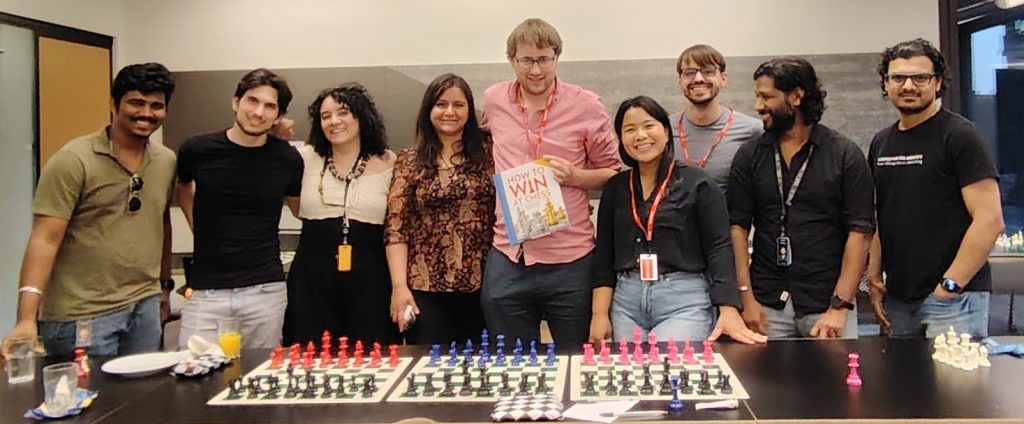
Bill Drennan, secretary of the London Chess League, recognises there is work to do to increase female participation, and is hoping that recent changes to the league will provide more opportunities.
He said: “We have got more divisions that we used to, and a specific women’s division because there are more women becoming interested in chess.
“There is quite a large majority of male players, but we are very much trying to encourage the participation of female players.”
Chess players will often talk about the benefits of the game especially when mentally stimulating social activities are hard to find in an increasingly online world.
Chakma said: “People spend so much of their lives online that sitting across from someone sharing a laugh over a chessboard feels really positive.”
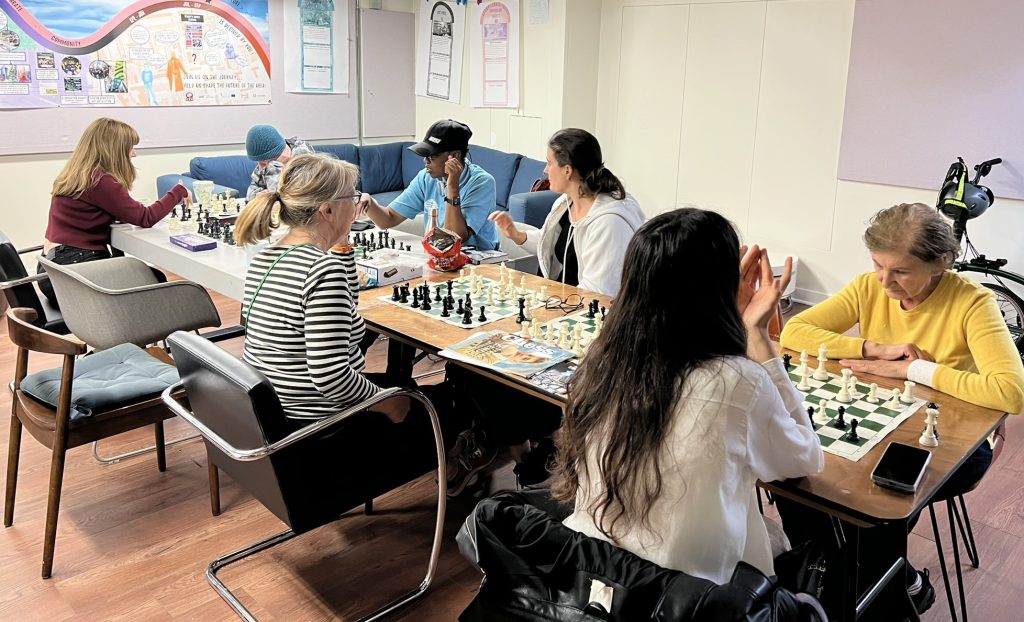
And for women and people new to the game, the benefits can be dramatic.
Lucinda Thompson, 35, of the London Women Chess club, started playing online but has found the club a place she can develop as a player, and a person.
She said: “There is a lot to learn from chess, it is more than just a game.
“It teaches you that if something goes wrong, stay calm and just think about the next move. I have learned to relax and focus on the future.”
Featured image credit: Felix Mittermeier via Unsplash


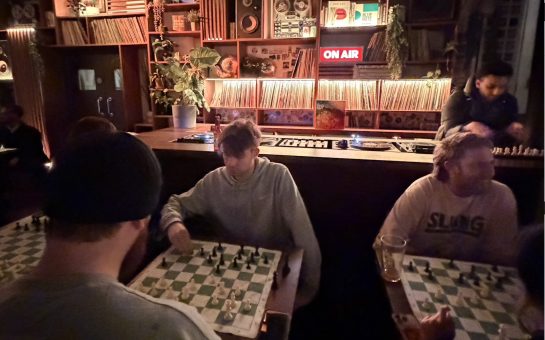

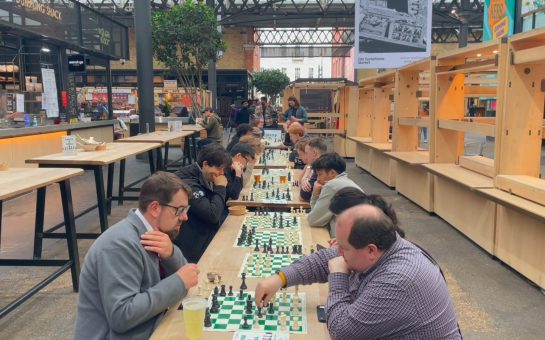
Join the discussion